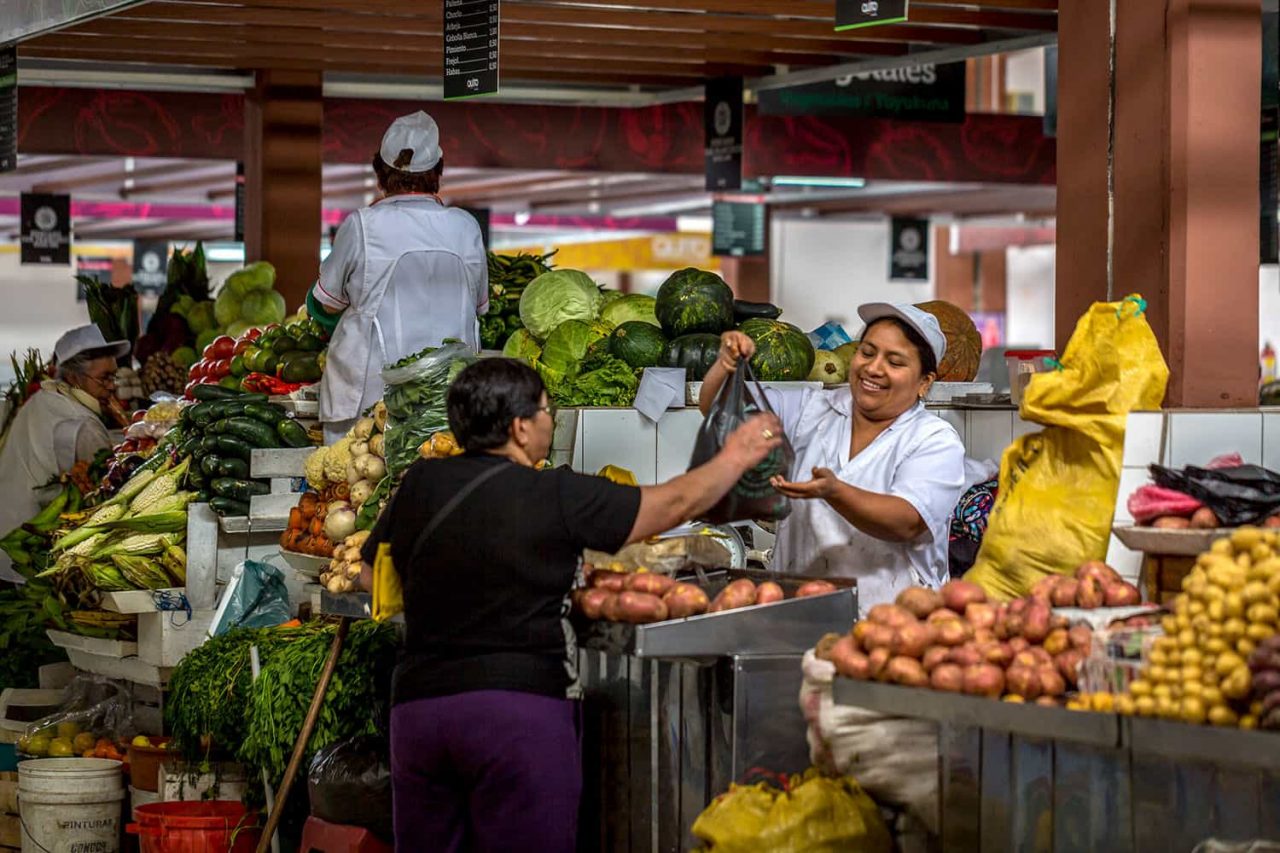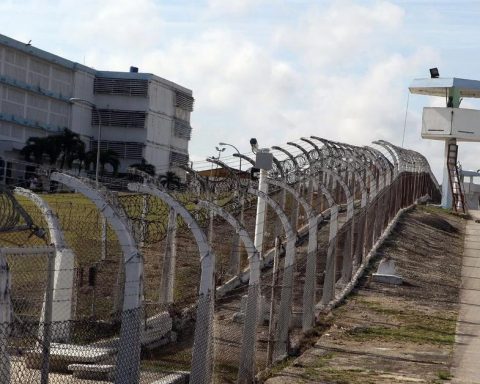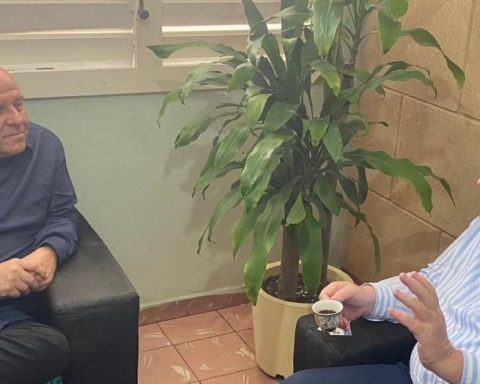Despite SRI’s efforts, informality causes annual tax revenues of around $ 1.5 billion to be lost
Out of 10 operations of buying and selling of goods and services, about 5 is traded in the informal economy. These operations are off the radar of the authorities and do not pay any type of taxes.
The main one of these evaded taxes is VAT. According to estimates by the Economic Commission for Latin America and the Caribbean (ECLAC), this situation causes the loss of around $ 1,500 million annually in tax revenue.
If these revenues were collected, a tax reform such as the one approved by the Government at the end of November 2021 would not have been necessary. This amount of resources is equivalent to the level of pending payments with which the Central Government will close this year.
In other words, with that money, it would be possible to meet all the overdue commitments with suppliers, transfers to local governments, and even with the Ecuadorian Social Security Institute (IESS).
Norma Montalvo, a tax lawyer, commented that the efforts of the Internal Revenue Service (SRI) have managed to reduce part of the evasion, but there is still a gap that is difficult to fill.
“10 years ago, about 60% of the transactions occurred in informality and did not pay any type of taxes. In the country, apart from obstacles to undertake Y do businessThere is also an ingrained culture of avoiding the law, of not paying, ”he said.

Culture and red tape
According to the Alliance for Entrepreneurship and Innovation of Ecuador (AEI), the entire web of paperwork costs more than 600 hours at micro-businesses Y SMEs from the country.
On average, the decision to maintain operations in the informality, without complying with all the requirements of the law, represents a saving of between 30% and 40% of costs unnecessary on the operations of smaller businesses.
Pablo Lucio Paredes, director of the San Francisco University School of Economics, has repeated on multiple occasions that all would benefit from the elimination of at least 70% of the current state paperwork.

In other words, with less obstacles the state could collect more taxes, and for entrepreneurs it would be economically affordable to pay them.
On the other hand, in the country there is a deep-rooted and widespread culture based on the so-called “Creole liveliness”, where anything goes in the effort to not comply with the laws and pay nothing or as little as possible.
Montalvo pointed out that, as president-elect, Guillermo Lasso spoke on many occasions about the number of businessmen and citizens who have businesses and a standard of living above what they declare. However, the measures to face this situation are not clearly seen.
“The SRI does not have enough personnel to control the great informality in the country, nor to sanction the formal ones who do not comply with all their obligations. The number of civil servants would have to be tripled and invest heavily in technology to achieve this, ”he pointed out. (JS)

Electronic invoicing does not take off
One of the mechanisms to face evasion and facilitate formalization is electronic invoicing. However, currently only 146,000 of the 846,265 companies registered in the country use this tool.
Despite the benefits such as cost reduction, and even automatic sales registration, the segment that least implemented electronic invoicing is that of microenterprises and SMEs.
Paúl Oña, accounting advisor, commented that, hand in hand with the implementation of the new microenterprise regime the adoption of technological systems to facilitate payment and control should be encouraged.


















